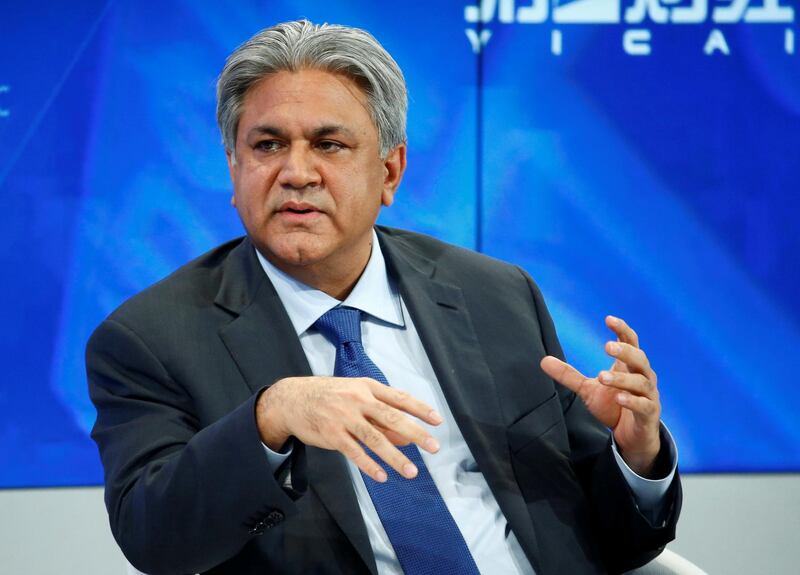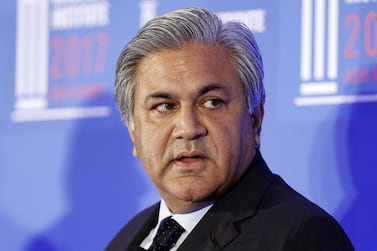A former senior director at the now-defunct private equity giant Abraaj sought to hide the company’s parlous financial position while executives tried to tie up $6 billion for a new venture, according to US court documents.
Sivendran Vettivetpillai, 52, sent an email to Abraaj officials in January 2018 advocating the approach after $230 million was allegedly moved from a health fund to prop up other parts of the business, US prosecutors claim.
Abraaj was at that time seeking to raise billions of dollars for a new fund, the Abraaj Private Equity Fund VI (APEF VI) based on its pioneering reputation as an investor in emerging markets and a track record of “positive performance”.
Mr Vettivetpillai contacted directors, including Abraaj founder and chief executive Arif Naqvi, proposing to delay revealing the problems with other private equity funds “until Abraaj had completed its fundraising for APEF VI”, according to US court documents unsealed on Friday.
Abraaj was forced into liquidation less than six months later after investors, including the Bill & Melinda Gates Foundation, commissioned an audit to investigate the alleged mismanagement of money in its healthcare fund. It emerged that the firm’s main revenues had not covered its operating costs for years.
Mr Vettivetpillai last week became the third former director of the Abraaj Group to be arrested in the aftermath of the world’s biggest private-equity insolvency.
He has been accused by US prosecutors of involvement in a scheme to defraud investors of hundreds of millions of dollars.
Both Mr Vettivetpillai and Mr Naqvi were arrested in the United Kingdom and face potential extradition to the United States. A third executive, Mustafa Abdel-Wadood, triggered the series of arrests when he was detained in New York after arriving with his wife and son to look at colleges.
Mr Vettivetpillai, a managing partner of Abraaj with a role in the oversight of the healthcare fund, was allegedly part of a scheme claiming that Abraaj funds were more successful than they actually were and inflated their values by more than $500 million.
The inflation of returns allowed Abraaj to collect higher investor fees than it was entitled to receive, according to the US indictment.
It said that Mr Vettivetpillai, Mr Naqvi and others secretly diverted investments made to the healthcare and other funds to cover cash flow problems within Abraaj.
Funds were also diverted for the personal benefit of Mr Naqvi and others, including Mr Vettivetpillai, it said.
“In total, Abraaj misappropriated at least hundreds of millions of investors’ funds,” the indictment said. Prosecutors say it led to Mr Vettivetpillai seeking to to cover up the scheme by misleading investors and his is accused of securities fraud from 2014 to 2018.
A UK court last week gave the British businessman bail of $1.3 million (Dh4.7m) bail until June 12 but was told to remain under curfew overnight at an undisclosed private address.
His lawyer, Kate Goold, told Bloomberg on Thursday that he remained in custody pending an appeal by prosecutors against the bail ruling.
She did not respond to requests for comment from The National before publication. Mr Naqvi and Mr Abdel-Wadood deny any wrongdoing.
Before its demise, the Dubai-based Abraaj Group, which was founded by Mr Naqvi in 2002, claimed to control almost $14bn (Dh51.4bn) of assets in a series of funds focused on emerging markets.
After the firm went into liquidation, Mr Vettivetpillai filed a legal claim worth nearly $3m against Abraaj in the Dubai International Financial Centre.







